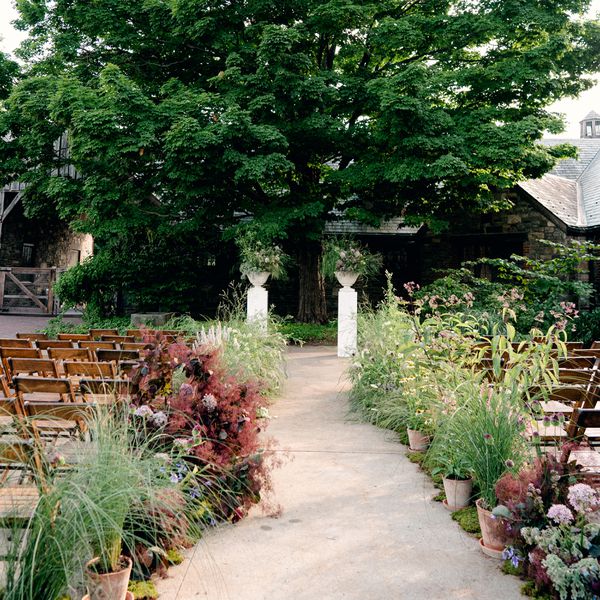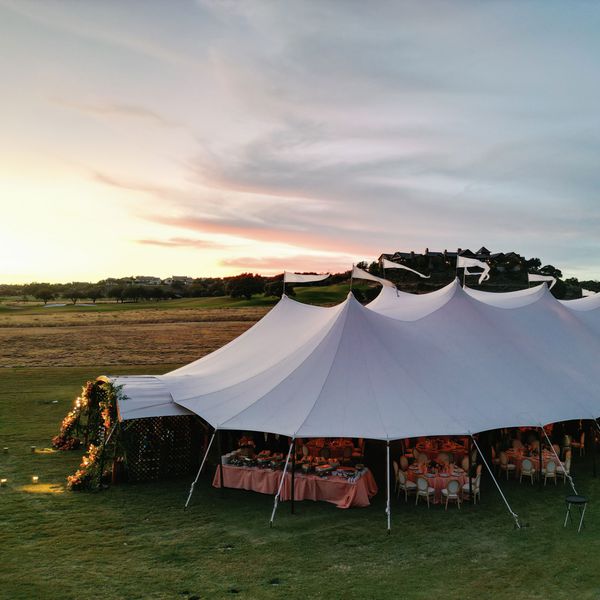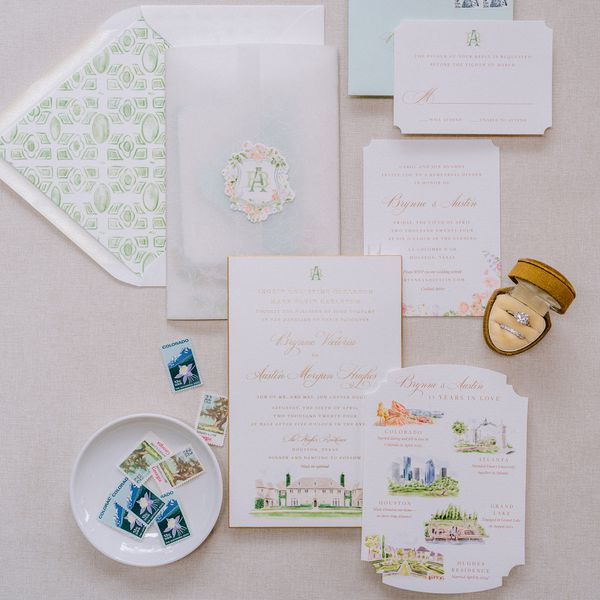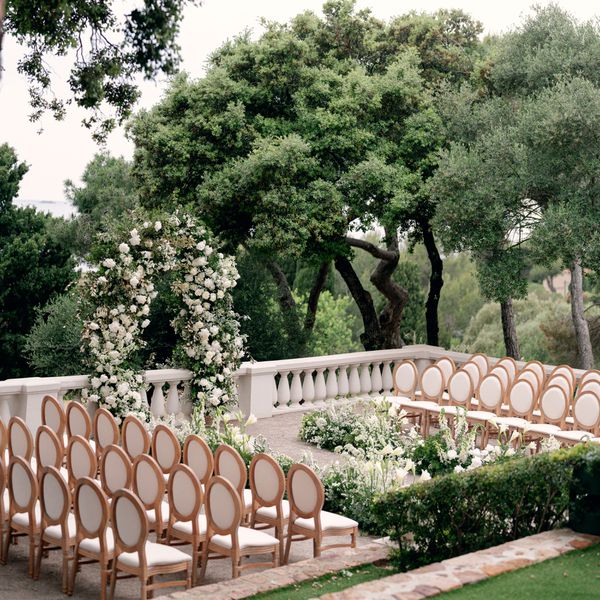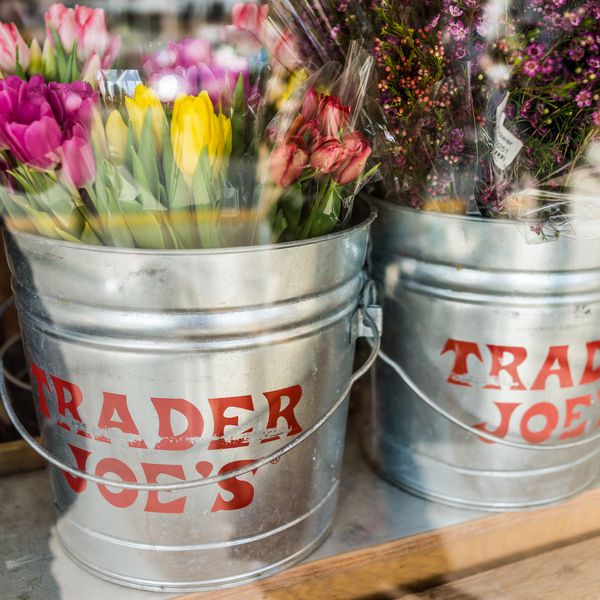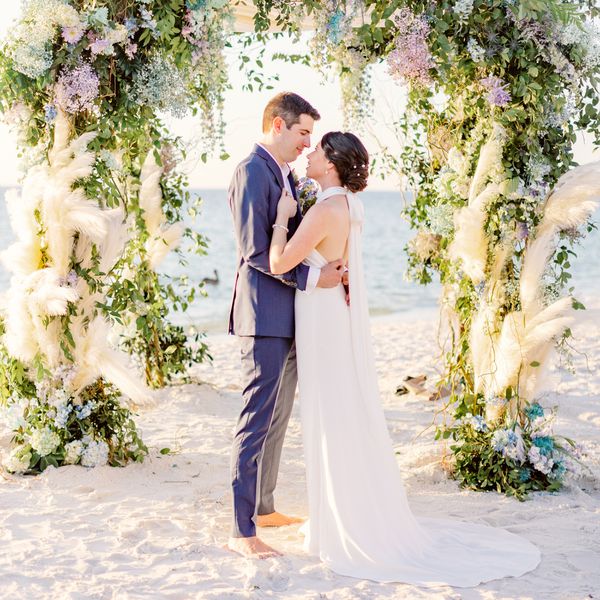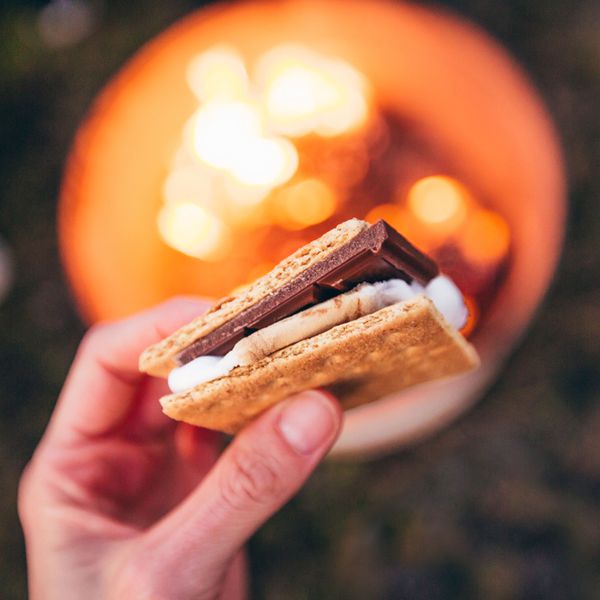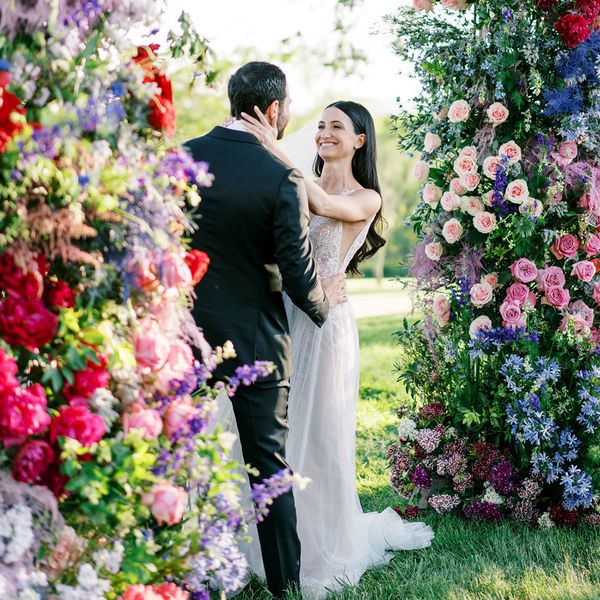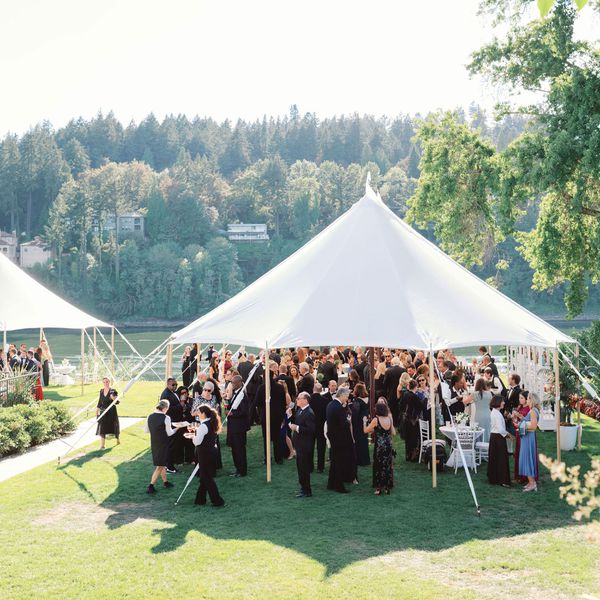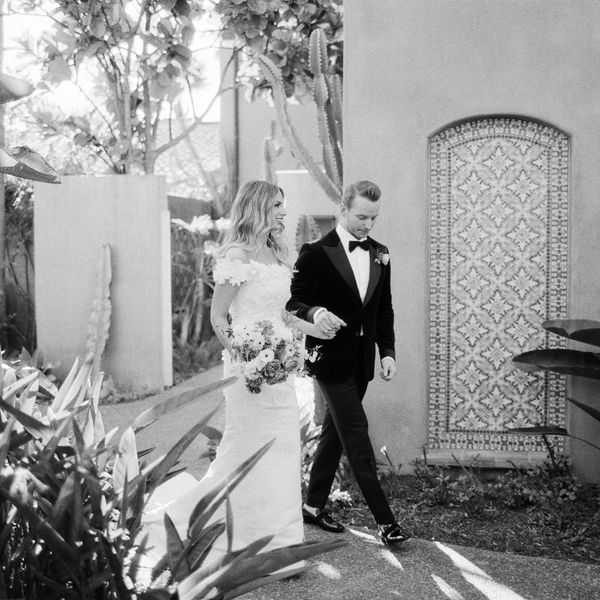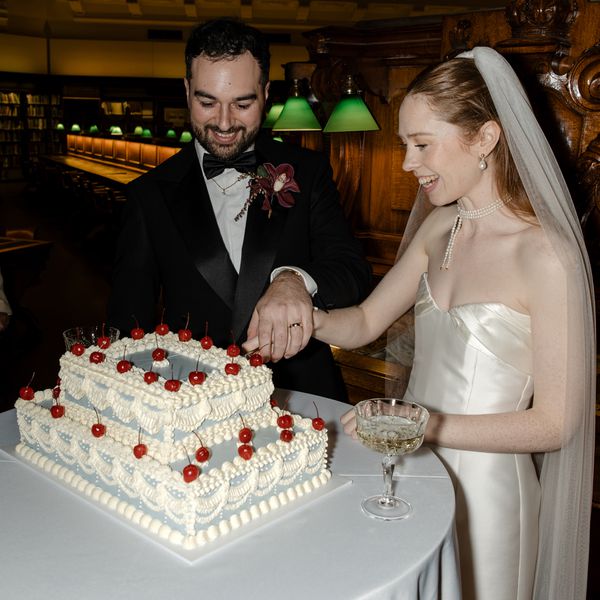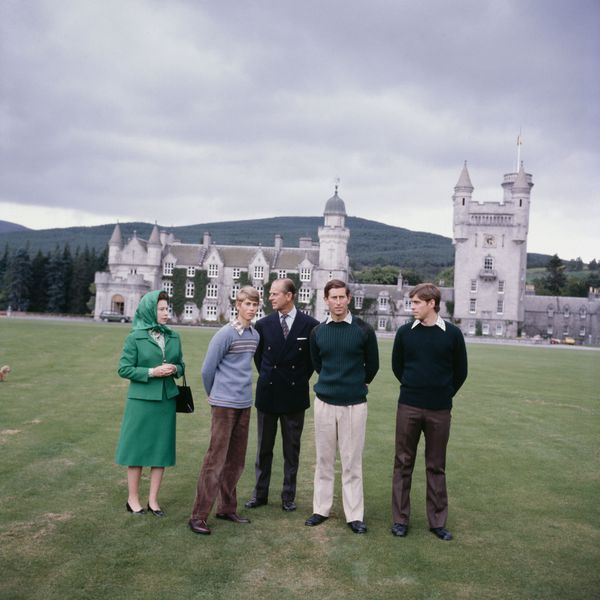:max_bytes(150000):strip_icc()/backyard-wedding-guide-chaz-cruz-recirc-photographers-6c96b21fbe9548b59c0747111d2989f4.jpg)
Photo by Chaz Cruz Photographers
In This Article
There’s nothing more special than holding one of the biggest days of your life in your backyard. On your wedding day, as you walk around the grounds of your childhood home, your current place of residence, or a family property, you’ll be reminded of all the wonderful memories you’ve experienced at that spot. Due to your personal connection with the site, your day-of experience will be particularly sentimental and nostalgic. Getting married somewhere familiar and private will also provide a cozy, intimate ambiance that everyone will enjoy. “It’s the ultimate place to feel most comfortable on your wedding day and share a piece of yourself and your family with your guests,” says wedding planner Tory Smith, owner of Smith + James.
While tying the knot in your backyard will definitely make the main event unforgettable, saying “I do” outside of your home will also simplify many aspects of the planning process. Since searching for a wedding venue can be an arduous task, especially if you’re touring sites out of the state or country, opting for an at-home locale will save you a lot of hassle and stress. Plus, venues are usually the most costly wedding expenses that couples spend their money on, so dodging the deposit means you can put the cash toward other big-budget items. Without needing to follow some of the restrictions that standard venues often enforce, you’ll have more freedom and flexibility with the details and decisions, too.
Meet the Expert
Tory Smith is the owner and creative director of Smith + James, a high-end, boutique destination wedding and event planning and design company.
Although backyard venues have a lot of perks, you’ll first need to determine if throwing a wedding in this outside space is actually feasible. Smith advises assessing whether your backyard is large enough to accommodate your guest count and flat enough to house all of the rentals, like tables, chairs, and a dance floor.
From there, you can start getting into the nitty gritty. To make the planning process as seamless as possible, we chatted with Smith, who provided must-know tips and tricks for pulling off this private at-home event. Read on to access our complete guide to hosting a wedding in your own backyard.
:max_bytes(150000):strip_icc()/Alex_Uche_15-4c06e2038d1f46fa9574b6a0d8283c9d.jpg)
Photo by Chaz Cruz Photographers
Backyard Wedding Logistics to Plan For
Unlike traditional wedding venues, your backyard isn’t built for or accustomed to hosting large groups. Therefore, you’ll need to attend to the logistics, like figuring out what permits you’ll need and how to navigate parking.
Permits and Insurance
Because your home is likely situated in a residential setting, you may need to acquire permits and obtain insurance in order to host your wedding there. The necessary permits will vary depending on the location, so be sure to check out your county’s website to learn what paperwork you’ll need. In general, the most common restrictions are noise, parking, and fire—there may be rules that prohibit loud music, long events, or parking in the neighborhood, for instance.
Regarding insurance, your home insurance may cover your wedding, but you may also want to consider getting event liability, liquor liability, and comprehensive event coverage to protect you, your guests, or your home from any damages or injuries.
Parking
Since parking may be restricted, you’ll need to plan accordingly. Generally, a good rule of thumb is: for every two guests, there should be one parking space available. For example, if you’re inviting 100 friends and family to your wedding, you’ll need to provide 50 spots for their vehicles. If your neighborhood doesn’t have enough space—which will likely be the case—you may need to rent out a field, a school parking lot, or another off-site lot nearby. For areas that aren’t within walking distance, be sure to offer transportation to and from your home.
Restrooms
According to Smith, most residential plumbing cannot accommodate more than 50 people. If you’re holding a smaller-scale wedding at a home with two to three bathrooms, you won’t have to worry about this detail. Otherwise, renting restroom spaces will accommodate your group. One bathroom for every 25 guests should do the trick.
Power
Another very important detail that couples tend to overlook for their backyard wedding is power needs. A sufficient power supply is a must to ensure your music setup, catering station, and any other amenities work properly. So, you’ll likely need to rent generators.
Delivery Accessibility
For your backyard wedding, you’ll need to bring in a good amount of rentals, such as table linens, glassware, chairs, tables, and lighting. Smith stresses the importance of paving an accessible path for delivery trucks to drop off these goods. “Keep in mind not only staggering delivery times, but also any clearance limitations that may be in place in the home like tree branches hanging down,” she points out.
:max_bytes(150000):strip_icc()/new-orleans-backyard-wedding-outdoor-reception-tables-dancefloor-catherine-guidry-0823-c9263bea8cfe4961aea26d345c2d82e0.jpg)
Photo by Catherine Guidry
Backyard Wedding Planning Tips to Keep in Mind
In addition to getting all of the logistics squared away, you’ll also need to concentrate on the more general planning details, many of which are comparable to a conventional wedding at another venue.
Prep Your Space
Since your backyard will be the backdrop of your big day, a manicured lawn is in order. To prune and preserve the space for your nuptials, hire landscapers. Smith also recommends avoiding sprinklers a few days before your wedding, so the grass has time to dry.
Figure Out the Layout
If your wedding is taking place in your backyard, it’s probably large enough to host a significant number of people. However, you’ll still need to figure out the best format for your affair. Smith suggests envisioning how the actual day will unfold. Visualize where guests will enter and exit the property and how they will move from the ceremony to the cocktail hour to the reception. This will assist in deciding where to sit guests during the service and dinner. It can also be helpful to note landmarks that you want to highlight, such as a beautiful oak tree to trade vows in front of.
Coordinate a Backup Plan
Since a backyard wedding is an outdoor affair, you’ll need to coordinate a backup plan in case of inclement weather. If there’s enough space inside of your home, you can always move everyone inside if it rains or snows. Otherwise, renting a tent will provide shelter.
Designate a Dress Code
You can choose any dress code of your liking for your backyard wedding. “There are honestly no rules when it comes to dress codes in our book,” Smith says. For casual nuptials, ask your guests to wear formal attire. If your event is more upscale, a black-tie dress code will suit the occasion. You can also coin your own, such as “garden party chic” or “colorful summertime attire”—as long as you provide a detailed description of what it entails, though. It’s also helpful to include information about weather-appropriate accessories, such as sensible footwear on grassy terrains and sun hats in bright weather conditions.
Choose Your Décor
Like any other wedding venue, backyard affairs don’t mandate a particular aesthetic; you can select any décor that fits your vision and works with the outdoor space. If you’re unsure how to adorn the setting, you can always draw inspiration from the surrounding landscape, letting the natural hues and texture inform your color palette and decorative elements.
Lighting is always a must for backyard weddings, for both aesthetic and functional purposes: Add taper candles to your dining tables, suspend chandeliers from the ceiling of your tent, and use lanterns to illuminate a path to the bathroom. Smith also suggests comfortable furniture for lounge areas, chic bars to serve booze, and large umbrellas to provide shade.
Prioritize Your Guests’ Comfort
When planning your backyard wedding, adopt a guest’s point of view, thinking about the ways in which you can make the experience as comfortable as possible. Maybe this looks like creating a lounge area for friends and family to rest on in between rounds on the dance floor. Perhaps the forecast calls for high temperatures; in that case, distributing parasols or sunglasses will go a long way. For backyard weddings in the winter, blankets and heat lamps will help guests keep warm.
Provide Items for Protection From the Elements
On that same note, to produce a pleasant experience for guests, offer items to protect against the elements. If your affair is taking place in the spring or summer, set up a station with sunscreen to prevent painful sunburns and bug spray to ward off pesky mosquitoes.
Alert Your Neighbors
While this step isn’t a requirement, letting your neighbors know about your backyard wedding is a considerate gesture. Although there are likely ordinances that you’ll need to follow out of respect for your fellow residents, informing them about the affair will help them plan accordingly—and mentally prepare.
Organize the Cleanup
Having your wedding in your backyard usually means the aftermath will be a bit messy. Organizing a cleanup plan ahead of your special day will give you peace of mind. If your event is on the smaller side, you can always ask a few friends or family members to clean up the space. If not, a cleaning service will get the job done.

